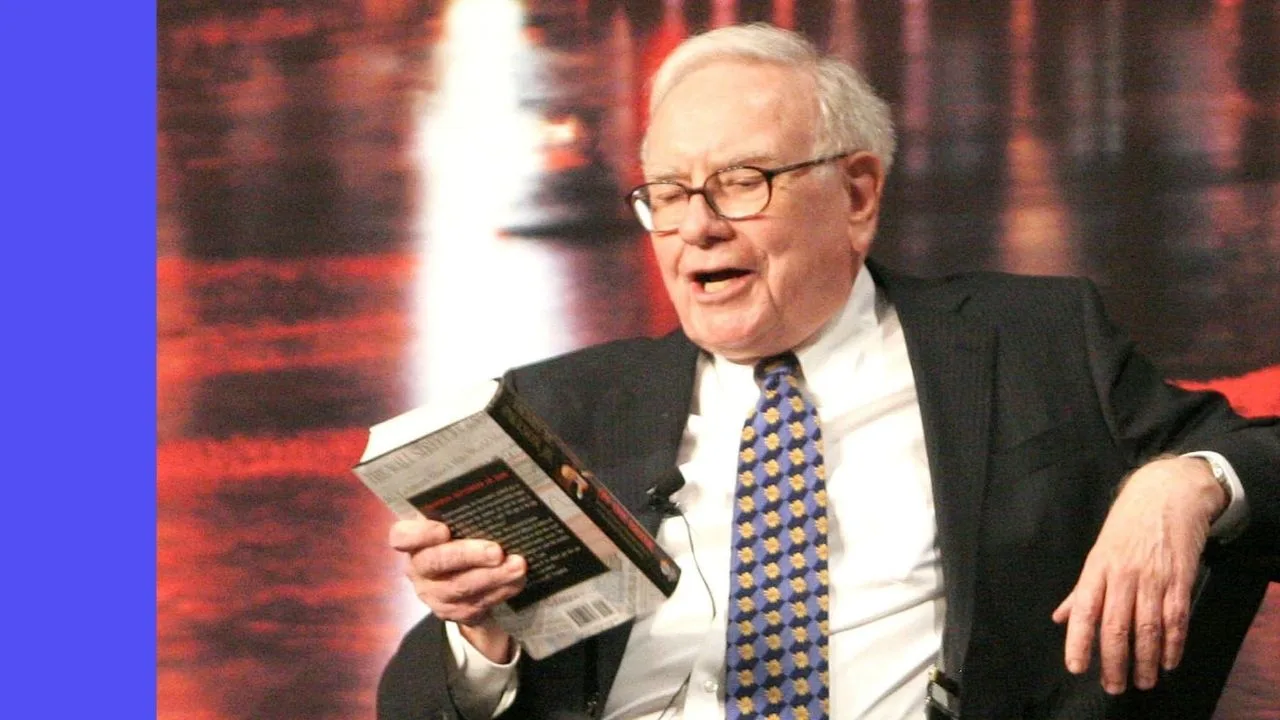This article explores the concept of Universal Basic Income (UBI), whether it has been successfully implemented globally, the pros and cons of using it, and how much it would actually cost to implement in Australia.
UBI is an intriguing concept that generates significant debate globally, however, the practical application of it, is a little more challenging.
The core idea of UBI is that every adult citizen would receive a regular cash payment, regardless of their income or financial situation. This would be targeted at covering basic living costs and would effectively replace all the other government subsidies and payments that are currently paid.
An Australian Parliament Research Paper
highlighted that most UBI proposals share three key features:
- Universal – it is paid automatically to all individuals (or all adult individuals) without a means test
- Unconditional – it is paid without conditions (for example, job search requirements) and
- Adequate – it is set at a high enough level to protect citizens against poverty.
Owen and I also discussed UBI on a recent episode of The Australian Finance Podcast, with Australian entrepreneur and philanthropist Steve Killelea.
Has UBI ever been put into practice?
According to the World Bank, ‘no country has a UBI in place, although there have been (and still are) several small-scale pilots and a few larger-scale experiences. Only two countries, Mongolia and the Islamic Republic of Iran, had a national UBI in place for a short period of time’.
The JobKeeper and JobSeeker payments that Australia put into place during 2020 for individuals affected by COVID-19 has arguably been the closest that Australia has come to testing a UBI across the nation.
What are the pros and cons of having a UBI in place?
One of the big concerns about the future of work is that technological developments will remove many lower-skilled jobs that can be replaced by robots, software and AI. UBI has been proposed as a potential solution for this expected future disruption, as industries are wiped out or changed for good. Some of the reasons for providing the universal payment proposed by the World Bank are:
- By making the payments to everyone and not putting eligibility criteria in place, no individuals are excluded from the payments.
- By making the payments to everyone the stigma of receiving funds from the government is reduced.
- Giving everyone the same payment and removing the application process and administration alleviates significant costs in our current welfare processes.
Conversely, some key arguments against a UBI
include the substantial cost involved in the program and whether it would be economically sustainable over time, an increase in marginal tax rates to fund the program, that UBI promotes freedom without responsibility, and current spending on programs that support groups including carers, people with disabilities, and the elderly may have to be significantly reduced or cut.
What would UBI cost us in Australia?
Last month the SMH reported on a study conducted by Macquarie University, ANU and University of Sydney, that ‘evaluated the effects of a basic income payment of $14,650 a year, which is equivalent to the JobSeeker payment before COVID-19’. The report advised that an Australian basic income payment would have an annual net cost of $103 billion, a significant portion of our annual government budget.
If you’re interested in learning more about UBI, check out some of the resources that I’ve found below!
Resources
- APH Research Paper: Basic income: a radical idea enters the mainstream
- What Is Universal Basic Income (UBI)?
- Time for a Universal Basic Income?
- Could a universal basic income work in Australia?
- Why a Universal Basic Income is the solution to inequity
- The big question: universal basic income
- Exploring Universal Basic Income : A Guide to Navigating Concepts, Evidence, and Practices
- Australian UBI plan would reduce inequality, study finds










